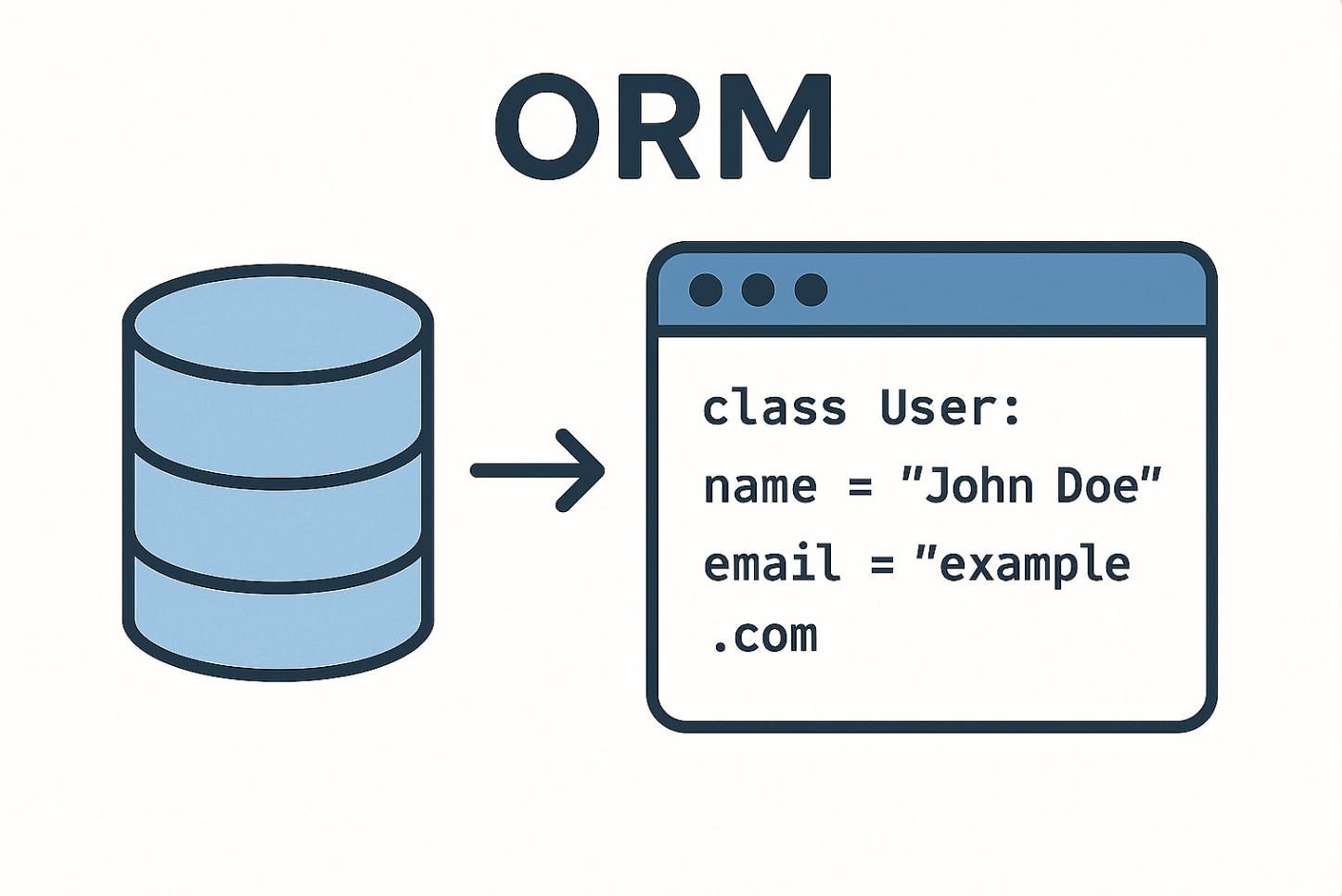Don’t miss out on our latest stories. Add PCMag as a preferred source on Google.
In a case of Big Tech versus an emerging AI startup, Amazon is demanding that Perplexity stop its agentic web browser, Comet, from buying products on behalf of humans.
“We’ve repeatedly requested that Perplexity remove Amazon from the Comet experience, particularly in light of the significantly degraded shopping and customer service experience it provides,” Amazon says.
As Bloomberg reports, Amazon accuses Perplexity of violating its terms of service and committing computer fraud by failing to disclose when the AI is shopping for a user. It reportedly asked Perplexity to stop using its AI agents on Amazon a year ago, and Perplexity agreed. That changed, however, with the launch of Comet.
“We think it’s fairly straightforward that third-party applications that offer to make purchases on behalf of customers from other businesses should operate openly and respect service provider decisions whether or not to participate,” says Amazon.
In our tests, the Comet browser was able to purchase a product on Amazon when we asked it to, without requiring us to log in or enter credit card information. It already had access to the account and completed the action independently.
“It took about 30 seconds before it prompted me to confirm, which I did, and it placed the order using my default payment method and address,” says PCMag’s Ruben Circelli. “It’s definitely easy, and it seems to work, at least on Amazon.”
Perplexity published a strongly worded statement over what it called Amazon’s “aggressive legal threat,” accusing the tech giant of bullying and using litigation to stifle innovation.
“Amazon should love this,” Perplexity says. “Easier shopping means more transactions and happier customers. But Amazon doesn’t care. They’re more interested in serving you ads, sponsored results, and influencing your purchasing decisions with upsells and confusing offers.”

Get Our Best Stories!
Your Daily Dose of Our Top Tech News

By clicking Sign Me Up, you confirm you are 16+ and agree to our Terms of Use and Privacy Policy.
Thanks for signing up!
Your subscription has been confirmed. Keep an eye on your inbox!
Amazon may take issue with its customers using another company’s tools, rather than its own, like the “Help Me Decide” AI shopping assistant it debuted last month, to make purchases. Perplexity’s experience also does not require customers to visit Amazon’s website, potentially devaluing it and limiting opportunities for browsing and additional purchases.
Perplexity claims Amazon is trying to “make life worse,” and argues that the e-commerce giant “shouldn’t forget what it’s like to be our size and passionate about a world-changing product.”
Still, agentic AI browsers are nascent technologies with known issues. Even OpenAI admitted that its ChatGPT Atlas is flawed and can purchase the wrong product on behalf of users.
Recommended by Our Editors
“ChatGPT agent is powerful and helpful, and designed to be safe, but it can still make (sometimes surprising!) mistakes, like trying to buy the wrong product or forgetting to check in with you before taking an important action,” OpenAI Chief Information Security Officer Dane Stuckey wrote on X shortly after Atlas’ release.
The main reason this would happen, Stuckey says, is a prompt injection attack, or when a hacker embeds “malicious instructions in websites, emails, or other sources, to try to trick [an AI] agent into behaving in unintended ways.” In other words, the customer could ask the AI to buy toilet paper, but an injected prompt could instruct the AI to ignore that directive and buy something else instead.
Perplexity’s response does not acknowledge these risks. Instead, it taps into the long-term potential for AI. “With the rise of agentic AI, software is also becoming labor: an assistant, an employee, an agent,” it says. “Today, Amazon announced it does not believe in your right to hire labor, to have an assistant or an employee acting on your behalf.”
Amazon’s response to AI-powered shopping differs from Walmart’s, which last month signed a deal with OpenAI to allow ChatGPT users to shop its catalogue. With OpenAI’s Instant Checkout technology, shoppers can purchase a Walmart item without ever leaving the ChatGPT interface or visiting Walmart.com. “This is agentic commerce in action,” Walmart said.
Disclosure: Ziff Davis, PCMag’s parent company, filed a lawsuit against OpenAI in April 2025, alleging it infringed Ziff Davis copyrights in training and operating its AI systems.
About Our Expert

Emily Forlini
Senior Reporter
Experience
As a news and features writer at PCMag, I cover the biggest tech trends that shape the way we live and work. I specialize in on-the-ground reporting, uncovering stories from the people who are at the center of change—whether that’s the CEO of a high-valued startup or an everyday person taking on Big Tech. I also cover daily tech news and breaking stories, contextualizing them so you get the full picture.
I came to journalism from a previous career working in Big Tech on the West Coast. That experience gave me an up-close view of how software works and how business strategies shift over time. Now that I have my master’s in journalism from Northwestern University, I couple my insider knowledge and reporting chops to help answer the big question: Where is this all going?
Read Full Bio









